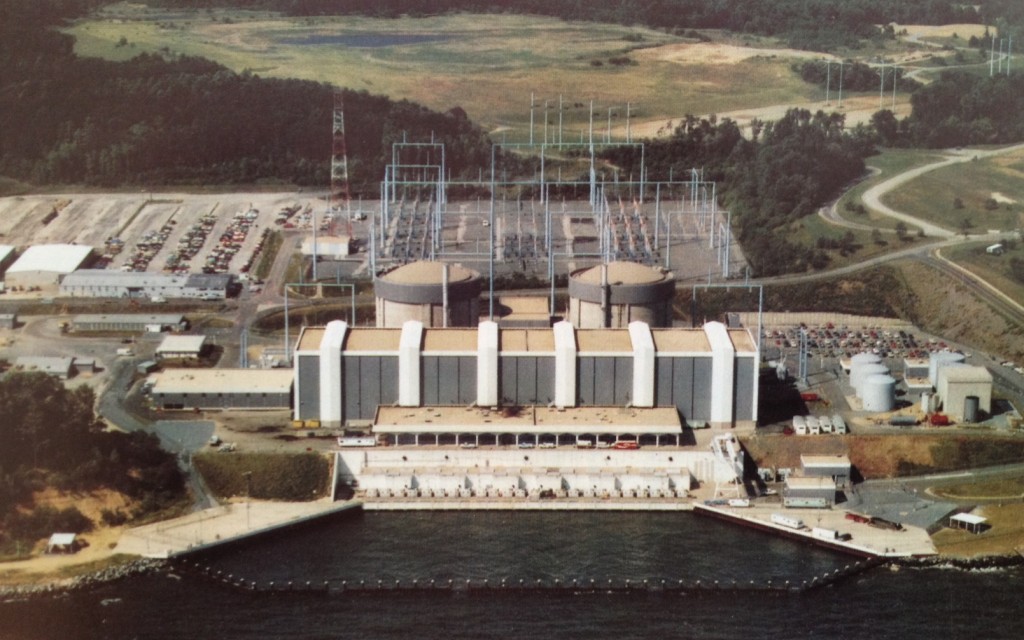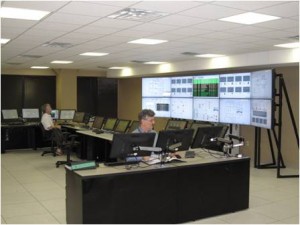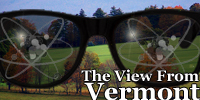Research Reactor License Renewal Challenges
The process for renewing research and test reactor (RTR) licenses in the United States has been subject to lengthy delays and periodic backlogs since the early 1980s. Despite the apparent time invested in improvement efforts, the process does not seem to be getting better very fast. The difficulty, schedule uncertainty, and cost of renewing research reactor licenses adds to the burden of owning and operating research reactors. The scale of the challenge may contribute to regrettable institutional decisions that maintaining operable facilities is not worth the trouble.



 Shortly after 11 a.m. on Tuesday, May 7, 2013, the operators at Dominion Resources' Kewaunee nuclear power plant opened its output breaker, disconnecting the turbine generator from the grid for the last time after just under 40 years of operation. Shutdown of the reactor followed, and the plant entered what for some is an uncertain (even if pre-ordained) future-a long-term storage period, followed eventually after many years by the complete dismantling and removal of the plant.
Shortly after 11 a.m. on Tuesday, May 7, 2013, the operators at Dominion Resources' Kewaunee nuclear power plant opened its output breaker, disconnecting the turbine generator from the grid for the last time after just under 40 years of operation. Shutdown of the reactor followed, and the plant entered what for some is an uncertain (even if pre-ordained) future-a long-term storage period, followed eventually after many years by the complete dismantling and removal of the plant.
 Several important events have recently occurred involving the U.S. Nuclear Regulatory Commission, the Yucca Mountain nuclear waste repository, and the interactions between the two.
Several important events have recently occurred involving the U.S. Nuclear Regulatory Commission, the Yucca Mountain nuclear waste repository, and the interactions between the two.
 Plymouth, Massachusetts, "America's Home Town," is the place where the pilgrims landed, and is also the home of the Pilgrim nuclear power plant. On March 29, a forum was held in Plymouth to discuss a non-binding ballot question for the town election in May. The question is whether or not to freeze the plant's relicensing process until all the Fukushima fixes are completed.
Plymouth, Massachusetts, "America's Home Town," is the place where the pilgrims landed, and is also the home of the Pilgrim nuclear power plant. On March 29, a forum was held in Plymouth to discuss a non-binding ballot question for the town election in May. The question is whether or not to freeze the plant's relicensing process until all the Fukushima fixes are completed.